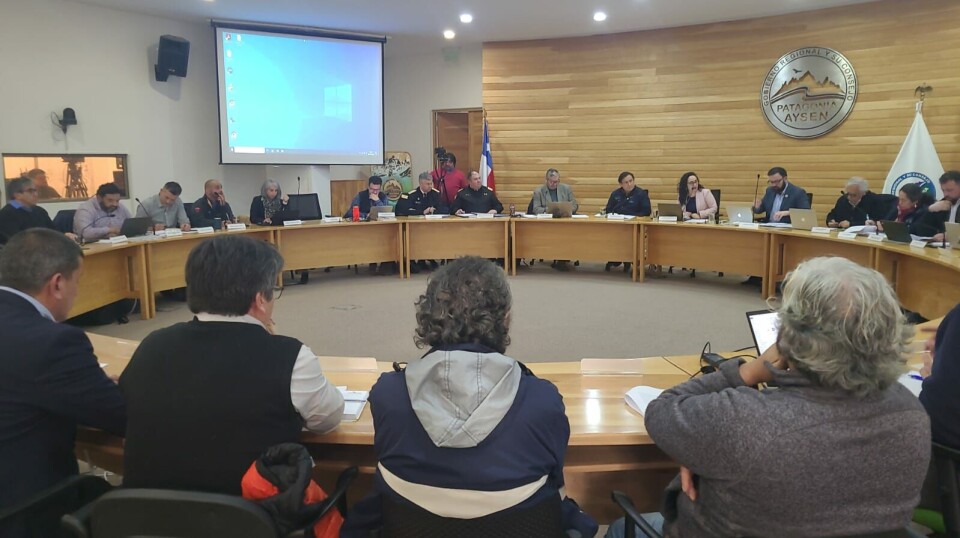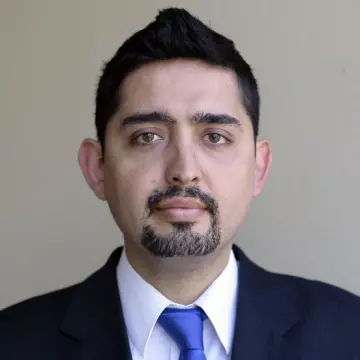
Chilean indigenous groups lose second ‘sea grab’ bid
Appeal that would have affected salmon farms is rejected by large majority
Two indigenous communities in the Aysén region of Chile have lost an appeal against a rejection of their bid to control 621,000 hectares (1.53 million acres) of coastal waters.
The Huilliche communities of Antünen Rain and Pu Wapi claimed the areas under Chile’s Coastal Maritime Space of Native Peoples (ECMPO) programme, but their claims were resoundingly rejected by the Regional Commission for the Use of the Coastal Edge (CRUBC) in February.
Yesterday, the CRUBC rejected an appeal by the Huilliche communities, again by a large majority that included government entities, mayors and private individuals.
During the meeting it was made clear that the extent of the ECMPOs was disproportionate to the number of people who requested them, there was no evidence of so-called “customary use” by the indigenous people, and the claims would also affect the productive activities of the Aysén region such as salmon farming.
'Extortion'
In his presentation, the mayor of Cisnes, Francisco Roncagliolo, said the Huilliche indigenous communities supported their requests “on a fallacious whim of discriminatory treatment,” made “only because the CRUBC rejected their request”.
Regional councillor, Jorge Sepúlveda, directly accused the claimants of “extortion”. “When they say that they will obtain it by hook or by crook, are they talking about terrorism, attacks? And it is important to indicate that they are supported by million-dollar NGOs,” said Sepúlveda.
Loreto Seguel, executive director of the Salmon Council, which represents Chile’s biggest salmon farmers, indicated that in the process of both ECMPOs, the instances of dialogue were insufficient and also inadequate, as were the arguments of state organisation Conadi, which facilitates ECMPO implementation.
Likewise, the ECMPO requests overlapped with other areas linked to conservation, generating a risk of social conflict with other coastal activities such as aquaculture and fishing.
Lafkenche Law abused
Tomás Monge, territorial director of sector trade body SalmonChile, stated that the appeal did not add new information. He also pointed out the problem of the proposed ECMPOs overlapping, for example, national reserves. “Does the management plan of the ECMPO or the national reserve prevail?”
At the same time, in the administration of the ECMPO, the will of the owner prevails, paralysing different productive activities. In fact, he denounced that they are only opposing the aquaculture industry, which is outside the spirit of the Lafkenche Law that grants limited resource access rights to all coastal indigenous communities, in designated portions of Chile’s coastal areas, for traditional uses including harvesting practices.
For their part, the representatives of indigenous peoples said that they will continue to insist on these ECMPOs and will pursue to other judicial means. The Governor of Aysén, Andrea Macías, was in favour of approving the ECMPO requests with modifications, but since the Huilliche communities did not give an alternative in their appeal, she abstained from the vote.
On Friday, a CRUBC will meet in Puerto Montt, Los Lagos region, to decide on five ECMPO applications. In Quellón, four ECMPOs are being requested, called Compu, Chanco, Borde Costero Muelle Conectividad and Isla Linauac, while in Ancud in the north of Chiloé Island, one called Linao is requested.























































